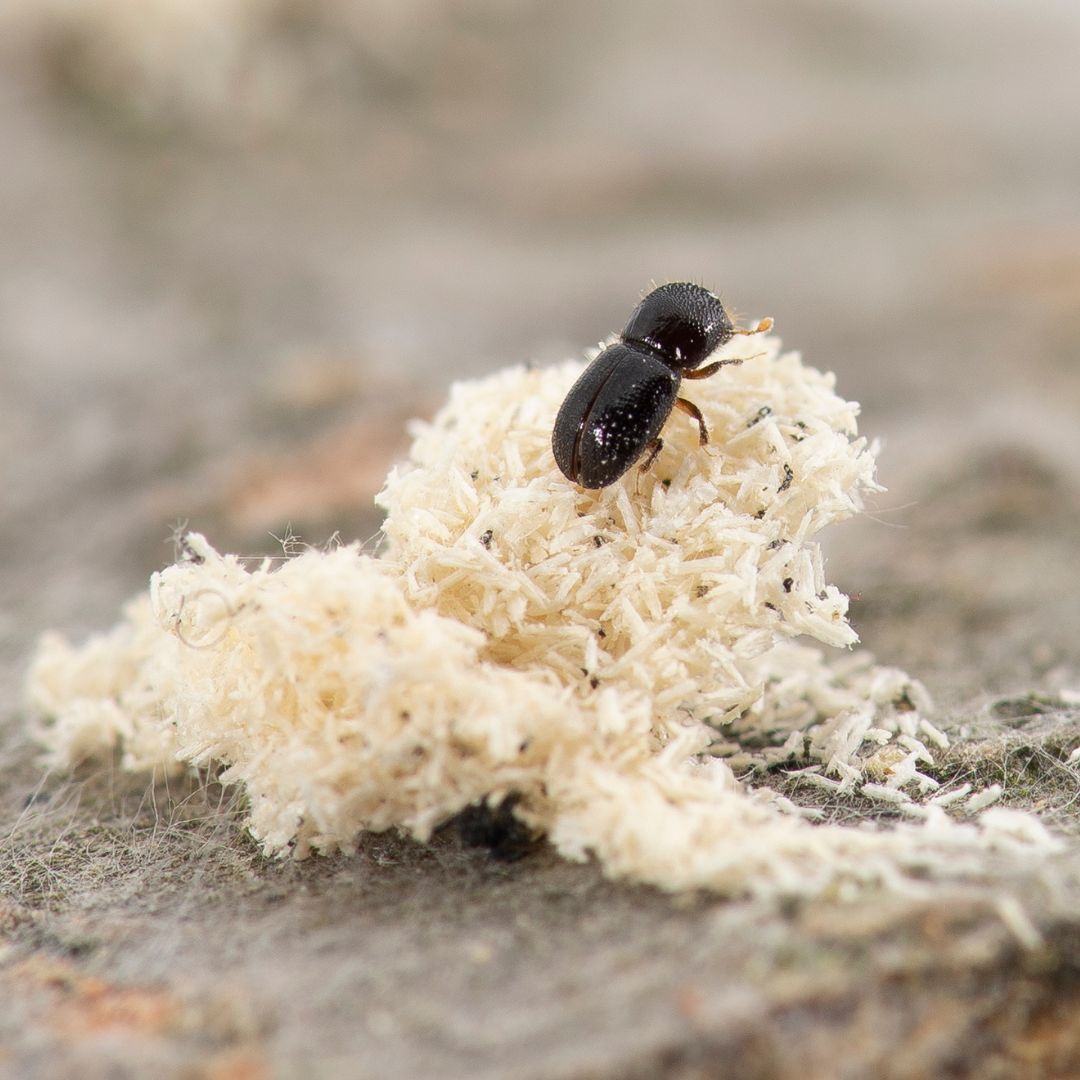
The City of Mandurah is urging residents to watch out for the polyphagous shot-hole borer (PSHB), a small beetle that poses a threat to our local trees. This beetle, originally from Southeast Asia, digs into the trunks, stems, and branches of trees, causing serious damage and even killing the trees.
Impact on our ecosystem
The PSHB has already caused a lot of problems throughout the Perth metropolitan area. The beetle carries a fungus that it grows inside the tree for food. This fungus blocks the tree's ability to move water and nutrients, and can ultimately cause tree death. Losing trees affects our urban areas and the wildlife that inhabit them.

Current quarantine zone
To stop the PSHB from spreading, The Department of Primary Industries and Regional Development (DPIRD) has placed a quarantine area notice for the entire Perth metropolitan area. The quarantine zone has two parts:
- Zone A, where trees are being removed to control the beetle and;
- Zone B, where there is increased monitoring to find and control new infestations.
The current quarantine zone ends at the border of the City of Mandurah and City of Rockingham. However, the zone is being updated frequently to include new locations where the PSHB has been confirmed.
While not technically included in the zone, Mandurah residents must follow rules about moving wood and mulch from suppliers that may be based in within the quarantine area. This includes deliveries of plants and trees, which may be subject to DPIRD permits.
More information on the quarantine zone and rules about moving wood can be found here.

What to look out for
The PSHB is very small, about the size of a sesame seed. Signs of tree infestation include small holes in the bark, dark wet spots, thick gumming, and white powdery substance on the bark.
Check out this video from DPIRD for more information.

How to report a sighting
If you think you have found the beetle, take a photo and report it to DRIRD right away using the MyPestGuide Reporter app.
Reports can also be lodged to the DPIRD Pest and Disease Information Service. To reach this service, call (08) 9368 3080 or email padis@dpird.wa.gov.au
Which trees does the beetle impact?
The PSHB attacks many types of trees. The following have been identified as some of the most common species in WA:
- Box Elder Maple
- Black Locust
- Coral Tree
- Plane Tree
- Moreton Bay Fig
- Poinciana
- Port Jackson Fig
- White Mulberry
- Weeping Willow
- Callery Pear
Where can I find out more information?
The PSHB is a fast-spreading pest, and it’s important you stay up to date with the latest information. The following resources are a great place to start.


